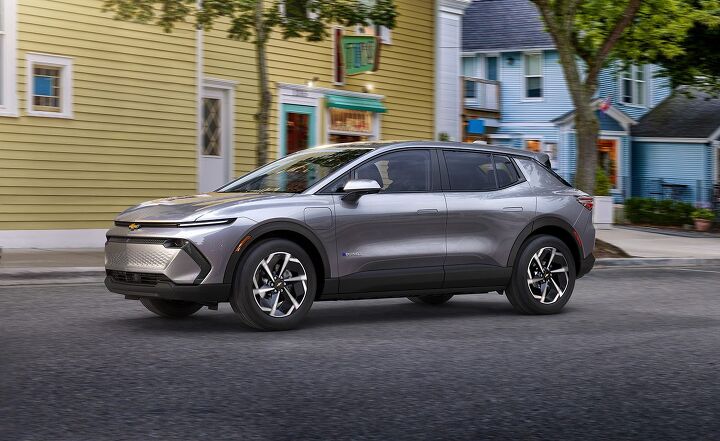GM Cancels EV Tax Credit Scheme After Criticism

General Motors has canceled an internal program that would have allowed dealers to continue offering a $7,500 federal tax credit on electric vehicle leases for several months after the subsidy’s expiration. The decision comes just days after U.S. Senator Bernie Moreno objected to the workaround.
Key Points
- General Motors has canceled its plan to let dealers continue offering the expired $7,500 federal EV tax credit on leases through GM Financial after facing political pressure from U.S. Senator Bernie Moreno.
- The short-lived initiative would have applied the federal credit to around 20,000 electric vehicles in dealer inventory to maintain competitive lease pricing following the September 30 expiration of EV subsidies.
- GM’s reversal comes amid growing criticism of EV subsidies and warnings from automakers and analysts that electric vehicle sales could decline sharply without federal incentives.
GM’s original plan involved its in-house lender, GM Financial, “purchasing” electric vehicles from dealership inventory before the September 30 tax credit deadline. The company would then apply the $7,500 federal EV incentive toward future lease deals, effectively extending the benefit through the end of the year. The goal was to shield dealers from an expected drop in EV demand following the subsidy’s expiration.
Dealers were told the plan would apply to roughly 20,000 vehicles, including the Chevrolet Blazer EV, Silverado EV, and Cadillac Lyriq, with down payments equal to about five percent of each car’s value.
However, the play drew heavy criticism from lawmakers, the loudest of which was Senator Moreno—a former auto dealer himself. Moreno argued that automakers need to comply strictly with the September 30 cutoff. “The EV subsidies ended September 30, and I’m happy that every car company is going to abide by that,” Moreno told Reuters.
“We’re putting policies in place to protect our domestic auto industry.”
GM confirmed the plan’s cancellation. “After further consideration, we have decided not to claim the tax credit,” the company said in a statement, declining to explain further.
GM Financial had already, allegedly, begun making down payments—roughly 5% of each vehicle’s MSRP—to secure the credits before the deadline. For example, that would equate to about $6,300 on a $63,000 Chevrolet Blazer EV. The company now says it will “fund the incentive lease terms” through the end of October, but will not claim the federal subsidy.
Ford reportedly implemented a similar strategy ahead of the deadline, though it’s unclear whether the automaker will continue its version of the program.
Become an AutoGuide insider. Get the latest from the automotive world first by subscribing to our newsletter here.

An experienced automotive storyteller and accomplished photographer known for engaging and insightful content. Michael also brings a wealth of technical knowledge—he was part of the Ford GT program at Multimatic, oversaw a fleet of Audi TCR race cars, ziptied Lamborghini Super Trofeo cars back together, been over the wall during the Rolex 24, and worked in the intense world of IndyCar.
More by Michael Accardi



































Comments
Join the conversation
Now that auto makers are no longer incentivized to be in bed with government, chances to buy solid, gimmick free and truly competitive autos will increase. Flim flam can now be optional rather than mandated.
I love all the hardliners that hate EV's that can't wait for anything that appears negative to them to happen. Now lets apply the same rules to all the other industries government has their hands in similarly. I think a lot of people have no idea how many different parts of their lives are or are not subsidized, that may or may not upset them.
Careful what you wish for is all I'm saying.